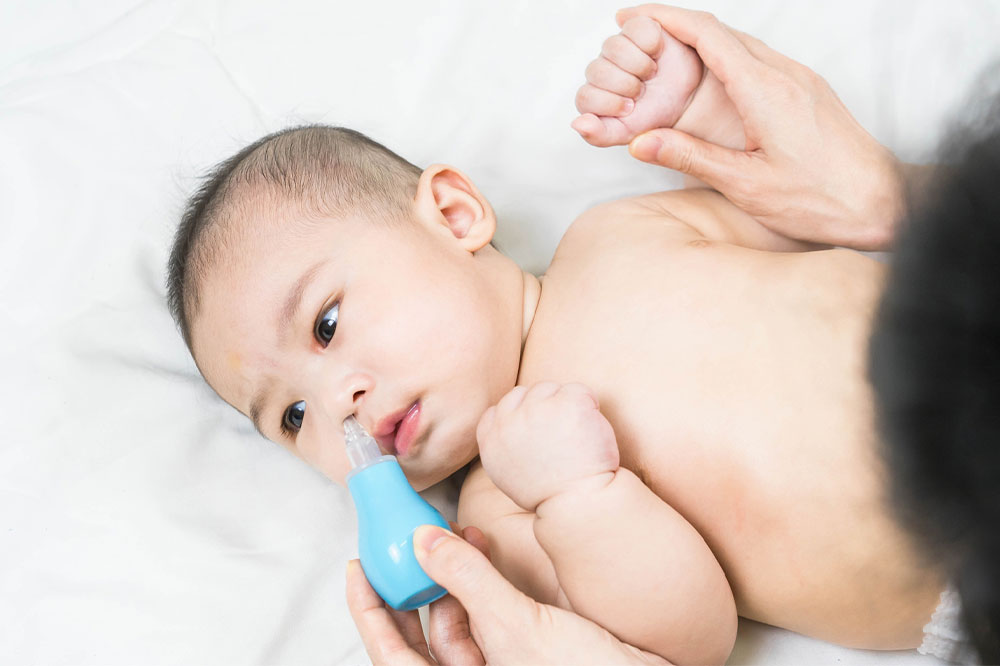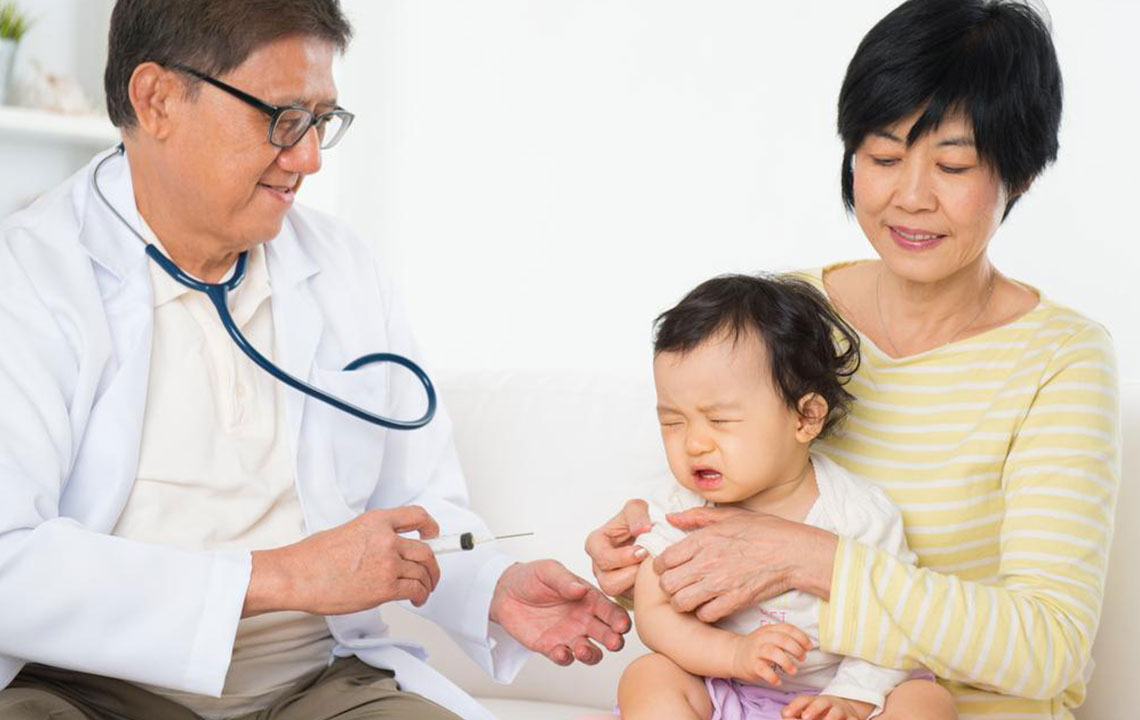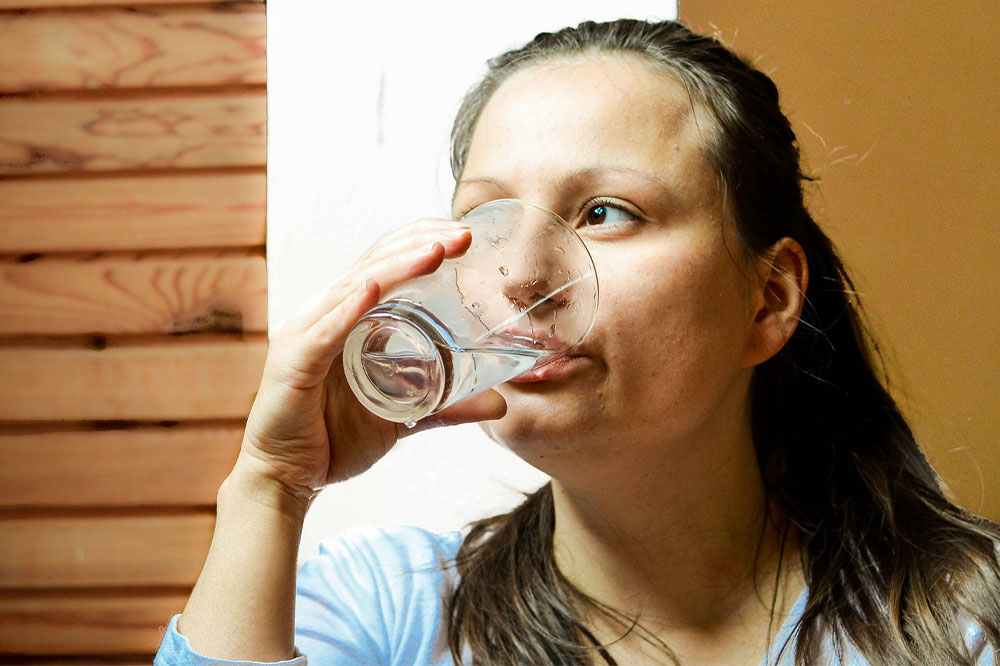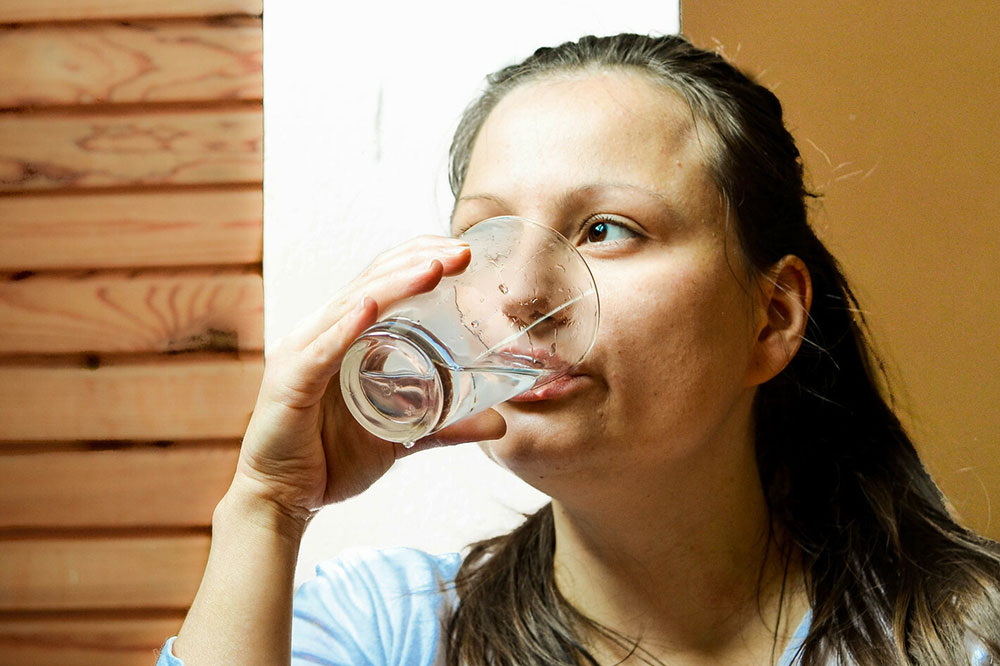Early Signs of Dehydration in Children: Key Symptoms Every Parent Should Recognize
Early detection of dehydration in children is crucial for preventing severe health issues. Recognizing signs like dry mouth, sunken eyes, decreased urination, and behavioral changes helps caregivers act promptly. This comprehensive guide highlights key symptoms and preventive tips, ensuring children stay hydrated and healthy. Immediate medical attention is essential if symptoms worsen to avoid complications. Parents and caregivers should remain vigilant, especially during hot weather, illness, or vigorous activity, to ensure their child's wellbeing and safety. Proper hydration management can significantly reduce health risks associated with dehydration in children.
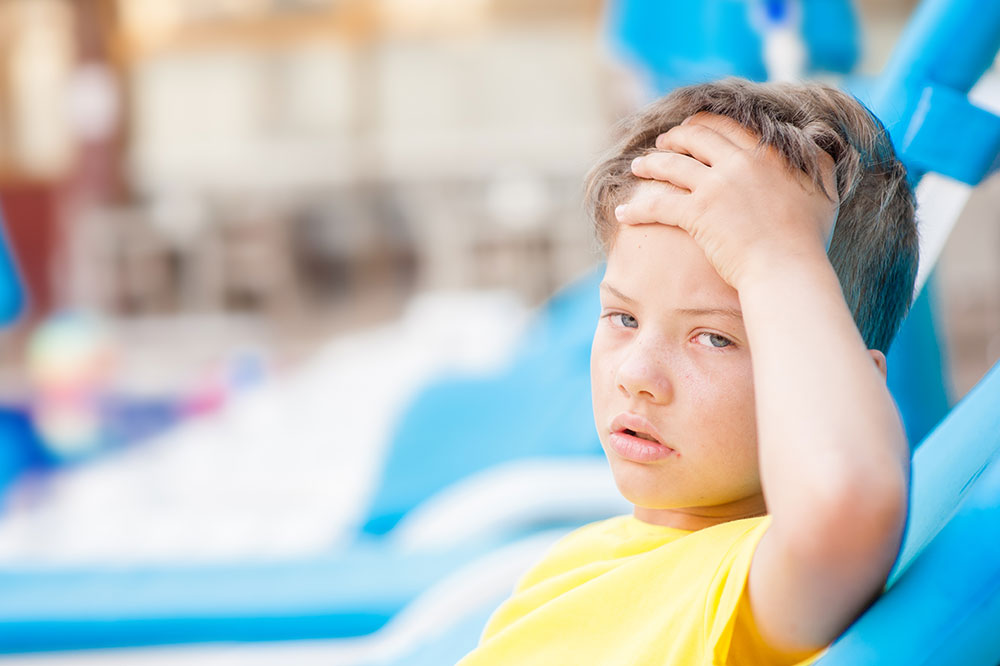
Early Signs of Dehydration in Children: Key Symptoms Every Parent Should Recognize
Dehydration is a condition that occurs when the body loses more fluids than it takes in, disrupting the delicate balance of bodily functions. This health issue can affect people of all ages, from infants and young children to adults and elderly individuals. Recognizing dehydration early is crucial for preventing serious complications and ensuring timely treatment. While dehydration can develop gradually or suddenly, certain symptoms and visual cues can serve as reliable indicators, especially in children who may have difficulty expressing their discomfort.
Children, including infants and toddlers, are particularly susceptible to dehydration due to their higher metabolic rates, immature kidneys, and greater water turnover relative to their body weight. Moreover, they may not always communicate their thirst or discomfort effectively, making it vital for parents and caregivers to be vigilant for the warning signs. Understanding the key symptoms allows for rapid response, helping to prevent severe dehydration, which can lead to hospitalization or even life-threatening conditions if left untreated.
Here, we will discuss in detail the most common and noticeable signs of dehydration in children. Identifying these early symptoms can empower parents to act swiftly, ensuring their child's health and safety. We will focus on three primary visual cues and behavioral indicators, along with some tips on how to manage mild dehydration at home and when to seek professional medical help.
1. Recognizing Dry Mouth and Lips — The First Clue
One of the clearest signs of dehydration in children is a dry mouth and chapped lips. Saliva naturally keeps the mouth moist, helps digest food, and fights bacteria that can cause infections. When dehydration occurs, saliva production decreases, leading to dry, sticky lips and a parched mouth. For infants and young children, these signs are often noticeable because they may refuse to suckle or eat, or their lips may appear cracked and cracked.
In mild cases, this symptom can often be managed by encouraging increased fluid intake. Offering small sips of water, oral rehydration solutions, or pediatric electrolyte drinks such as Pedialyte can help replenish lost fluids and electrolytes. It’s important to monitor the child's hydration level and avoid giving sugary drinks or caffeinated beverages, which can worsen dehydration. Parents should consult their pediatrician to determine the safest and most effective rehydration strategies, especially for infants under six months, who require specialized care.
2. Dry or Sunken Eyes — Visual Signs of Dehydration
Another prominent sign of dehydration is the appearance of dry or sunken eyes. When the body loses a significant amount of fluids, tears may reduce or stop altogether, leading to dry, itchy, or sticky eyes that lack the usual moisture. In more severe cases, the eyes may appear sunken or recessed into their sockets, indicating a critical level of dehydration that requires urgent medical intervention.
Parents can gently observe their child's eyes for these signs, especially if the child is irritable, fussy, or crying inconsolably. Sunken eyes, accompanied by a lack of tears when crying, are alarming indicators that the child's fluid levels are dangerously low. In such scenarios, immediate consultation with a healthcare professional is essential to receive proper treatment, which may include intravenous fluids if the dehydration is severe.
3. Other Visible Symptoms — Monitoring Urination and Mucous Membranes
Dehydration affects various bodily functions, including urination. One important indicator is the child's urination frequency. If a child has not urinated for over 8 hours or produces fewer wet diapers than usual, it suggests significant fluid loss. Additionally, sticky, dry mucous membranes in the mouth and nose can point towards a dehydrated state. These are often accompanied by other symptoms such as dry skin, lethargy, and dizziness.
Parents should also check for signs of dehydration by observing the child's skin turgor — pinching the skin on the hand or abdomen to see how quickly it returns to normal. Slow skin recoil suggests dehydration. Maintaining a hydration log can help caregivers keep track of symptoms and early warning signs to inform medical professionals accurately.
Behavioral Changes and Their Importance
Beyond physical signs, dehydration can influence a child's mood, behavior, and activity levels. Typically, dehydrated children may become unusually fussy, irritable, or lethargic despite minimal activity. They might resist eating or drinking, cry more than usual, or appear tired and disinterested in play. Recognizing these behavioral shifts is vital because they often precede more severe physical symptoms.
Proper hydration is essential to support healthy blood circulation, maintain body temperature, and promote metabolic processes. When these functions are compromised due to fluid deficiency, children’s overall well-being deteriorates rapidly. As such, parents should pay close attention to behavioral cues and seek medical advice if they notice increased fussiness, sluggishness, or reluctance to feed.
Preventive Measures and When to Seek Medical Help
Preventing dehydration involves proactive hydration management, especially during hot weather, illness, or vigorous activity. Ensuring children drink fluids regularly, providing electrolyte solutions when needed, and avoiding sugary or caffeinated drinks can make a significant difference. It’s also advisable to dress children appropriately for the weather and keep them in shaded or cool environments when active outdoors.
In cases where signs of dehydration become evident, immediate action is necessary. Mild dehydration can often be managed with increased oral fluids and rest, but moderate to severe dehydration requires medical treatment. Seek professional healthcare promptly if your child:
Has dry mouth or chapped lips
Displays sunken eyes or no tears when crying
Has not urinated in over 8 hours or has very concentrated, discolored urine
Appears very lethargic, irritable, or unresponsive
Shows signs of confusion, dizziness, or rapid heartbeat
Timely intervention can prevent complications such as organ damage or hospitalization, especially in vulnerable populations like infants and young children. Remember, dehydration is often preventable and manageable when caregivers remain vigilant and responsive to these warning signs.
